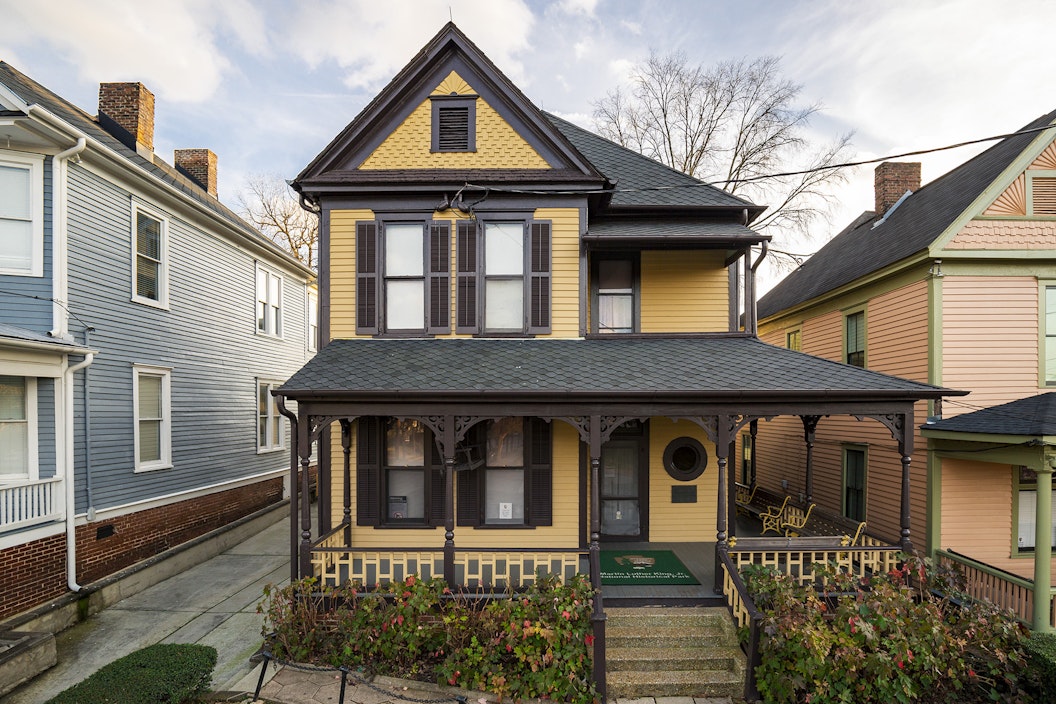
Known simply as 'M.L.' by his family, it was in these surroundings of home, church and neighborhood that Martin Luther King, Jr. experienced his childhood.
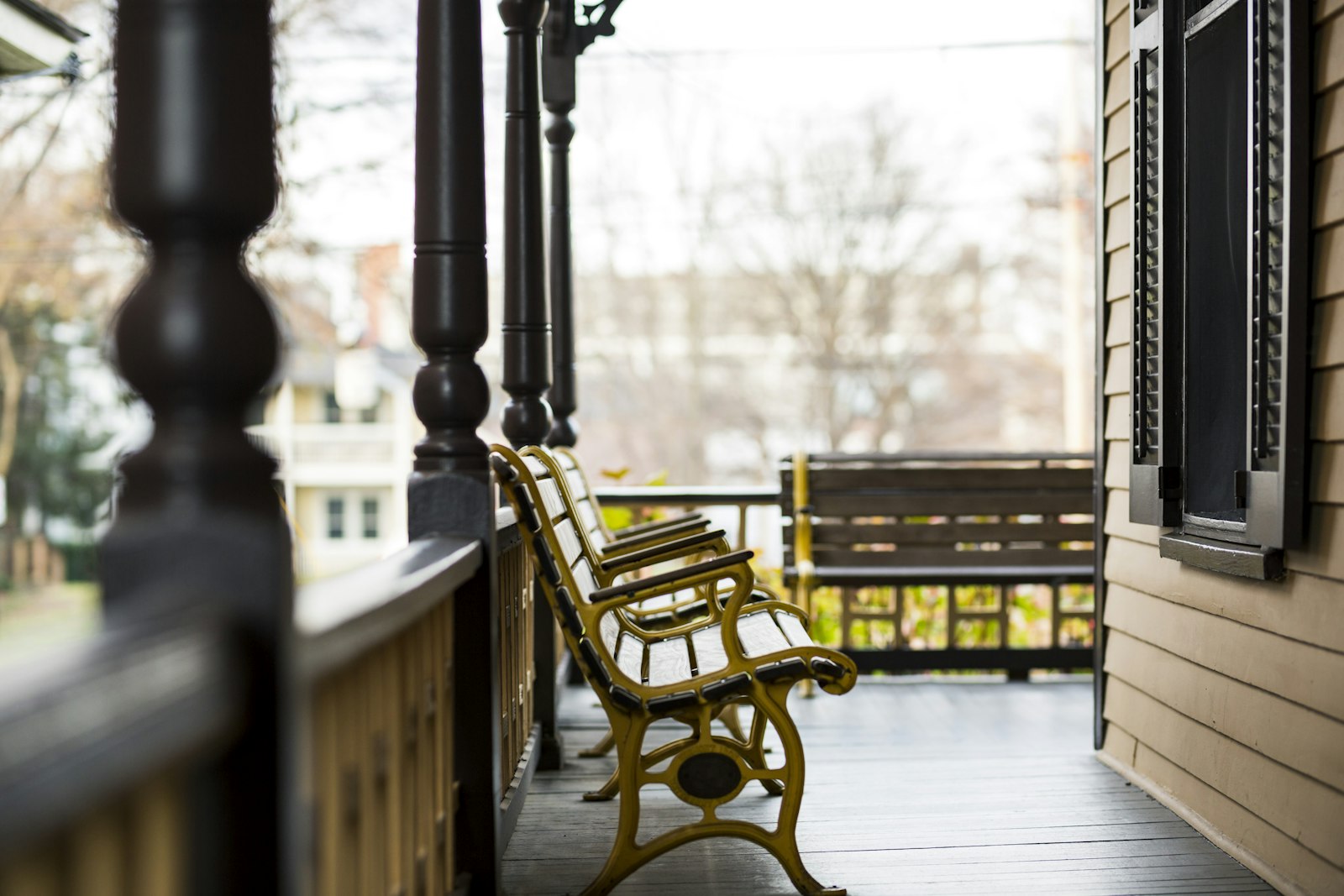
One of the foremost figures in the American civil rights movement – Martin Luther King, Jr. – was born on the second floor of a house in Atlanta, Georgia. It was here that he spent the first decade of his life and perhaps some of his most formative years, adopting the very principles he would come to preach: love, acceptance, justice, and equality.
This two-story Queen Anne style house, with its distinctive architectural features, including a porch, overhanging eaves, woodwork trim, and porthole windows is located in the residential section of Atlanta’s Auburn Avenue Historic District, also known as “Sweet Auburn.” The district has a rich history of African American achievement and was where many African Americans established businesses and built community in the early 20th century. Thanks to the National Park Foundation (NPF) and our partners, this neighborhood has been further imbued with historical significance, as the location of a memorial and museum commemorating the early years and family life of Dr. Martin Luther King, Jr.
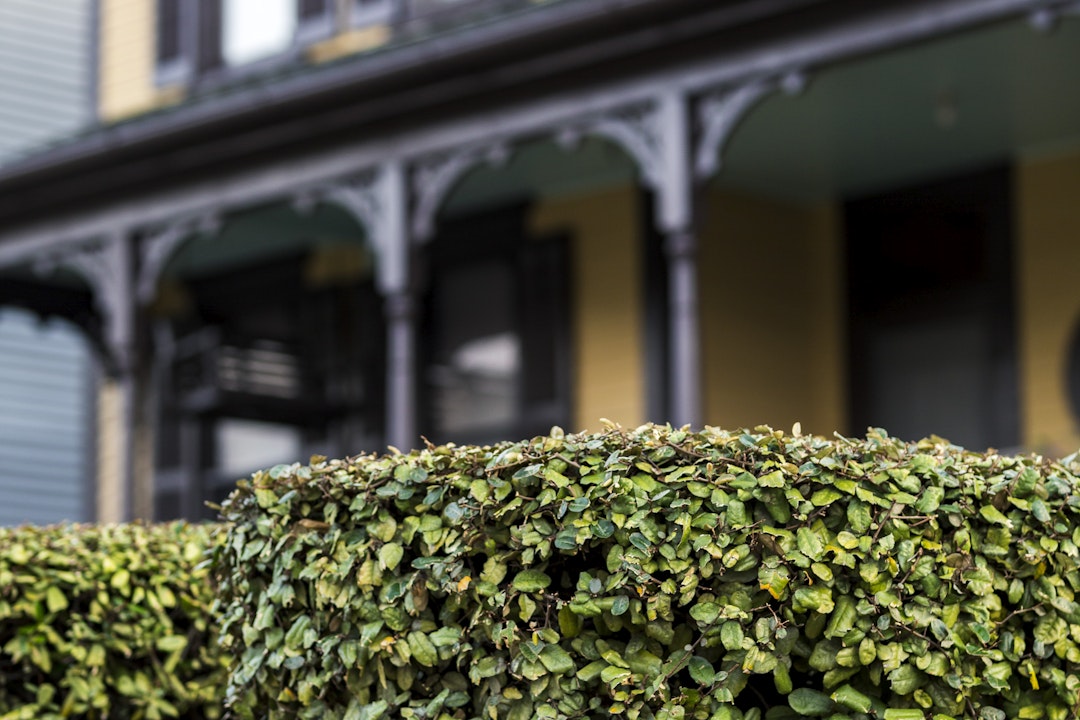
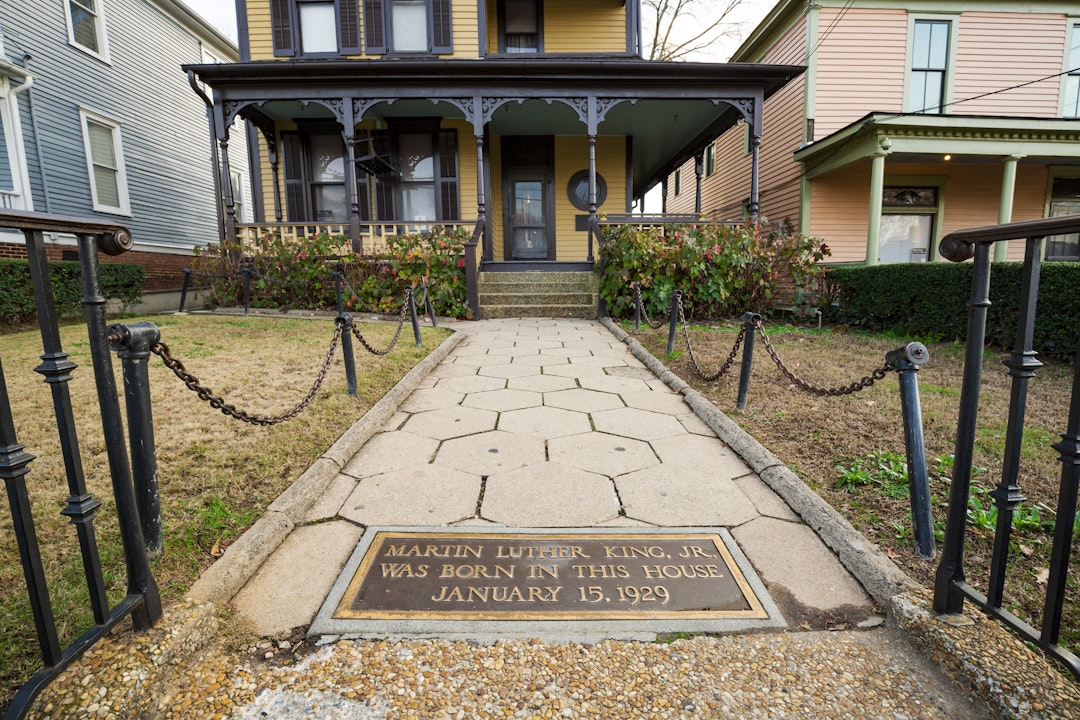
In 2018, NPF facilitated the purchase Dr. King’s birth home from the King Center. Upon its purchase, the home was immediately transferred to the National Park Service, to be protected in perpetuity as part of the National Park System. Thanks to this transfer, Dr. King’s birthplace will eventually be open to the public to welcome visitors for ranger-led interpretive tours, free of cost.
And in 2019, NPF helped to transfer the King family home, where Dr. King and Coretta Scott King raised their four children, to the national park service. The transfer of the house, located in Atlanta’s historic Vine City neighborhood, will help visitors appreciate a more complete history of the King family and their contributions to our country.
Both homes are now part of Martin Luther King, Jr. National Historical Park, which also includes a Visitor Center, Historic Ebenezer Baptist Church, and Freedom Hall.
Since its transfer to the National Park System, NPF has continued to provide financial support to the preservation of Dr. King’s birth home. A multi-year grant from NPF is providing funding for staff, materials, and administrative expenses for stabilization and rehabilitation for the historic property, which will preserve the integrity of the building and the artifacts inside. As part of this project, the park has made a 3D scan of the house, conducted a land survey and assessment, and evaluated the home’s mechanical system, ensuring that the structure is equipped to safely welcome visitors for generations to come. These efforts were made possible by NPF’s African American Experience Fund, which helps protect national park sites that honor African American history and culture.
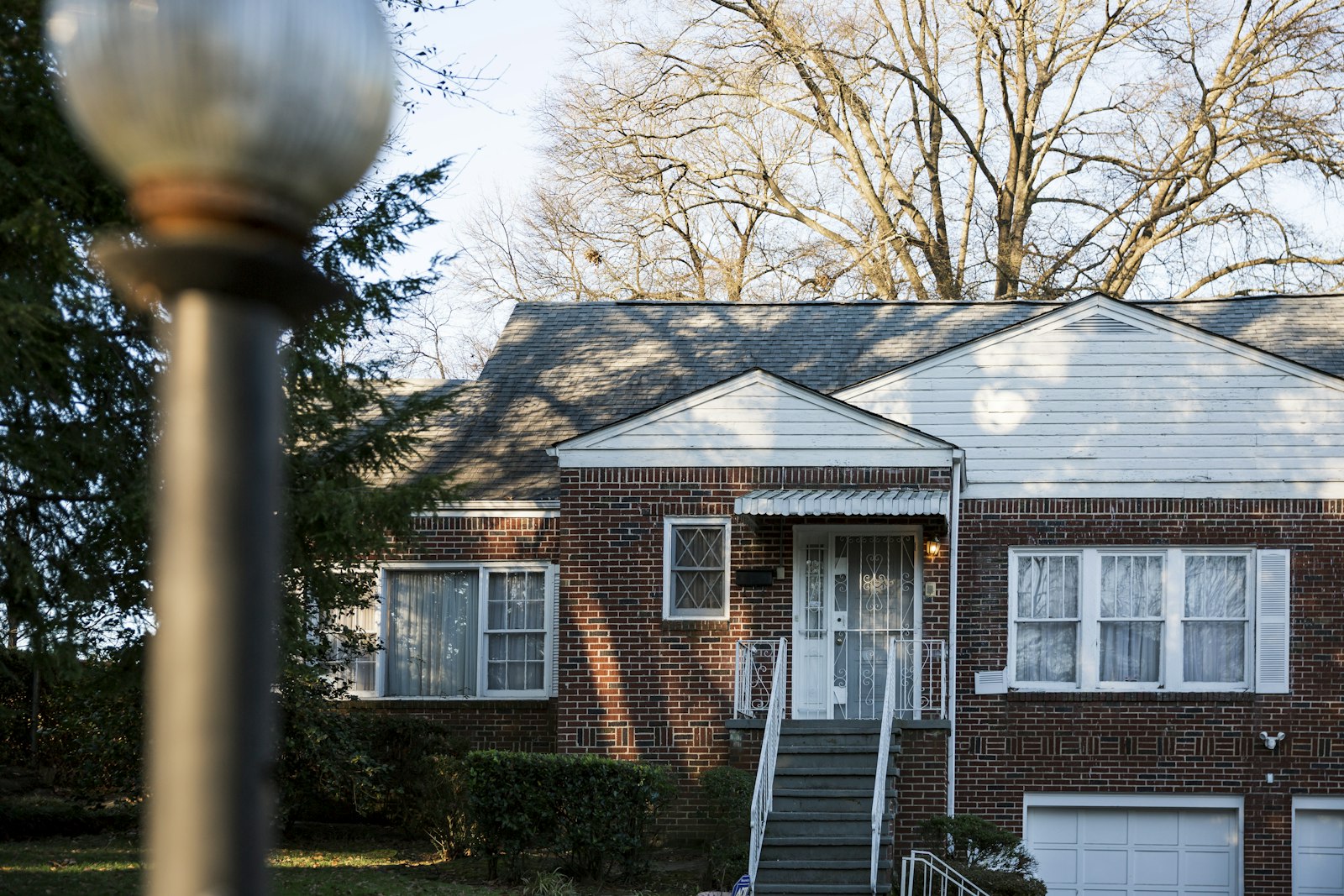
As part of NPF’s Women in Parks initiative, NPF support is also helping Martin Luther King, Jr. National Historical Park to create an outdoor interpretive exhibit that celebrates the life and legacy of Coretta Scott King. The exhibit will incorporate virtual components and will let visitors explore the civil rights achievements of Coretta Scott King and other women in the King family, including their tremendous efforts in securing voting rights for African Americans, both before and after the passing of the Voting Rights Act of 1965.
Black history is U.S. history. Martin Luther King Jr. National Historical Park is one park on a growing list of parks that commemorate the myriad contributions African Americans have made and continue to make to the United States. NPF is committed to investing in the preservation of Black history, heritage, and culture through programs and initiatives at our national parks. Find out more about what we’ve accomplished and where we’re going with our work in preserving History and Culture.